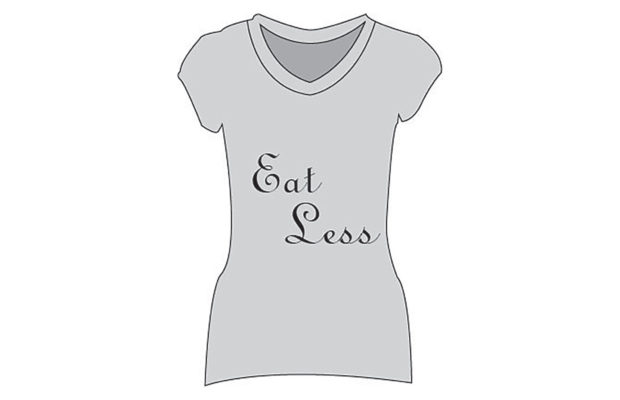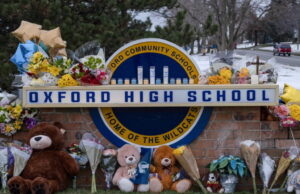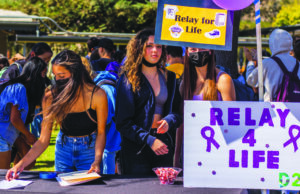Urban Outfitters doesn’t fit

In a world where people need to be held accountable for their actions, where racism, homophobia, and all around bigotry have no place, Urban Outfitters, with their ridiculous business model and continuous scandals, simply does not make the cut, and no one is talking about it.
Urban Outfitters (UO) has been provoking controversy for years, its most notable scandal being in September 2014, the selling of a “vintage” faux blood stained Kent State sweatshirt, directly referencing the Kent State massacre of 1970. Referencing a horrific mass shooting like this is deeply disturbing and disgusting.
The company also has a history of making products incredibly offensive to just about every ethnicity. In April 2012, UO was sold shirts reminiscent of what Jews wore during the Holocaust, only pulling it after many were offended. The shirt designer’s response was simply that the shirt was not meant to be for sale, which begs the question: why was it even designed to begin with? Three years later, UO released a gray striped tapestry with pink triangles, similar to what gay men wore in concentration camps. Other ethnic groups that have been attacked by UO’s products include Irish-Americans, African-Americans,Native Americans, Indian-Americans and Mexican-Americans.
Urban Outfitters also has a history of romanticizing mental illness and addiction. In 2010, after major backlash from eating disorder activists, UO was forced to remove a shirt with the words “Eat Less.” In 2016, both a “Shampoo for Suicidal Hair” and a crop top covered with the word “depression,” both of which were later pulled in 2016, turned the dangerous mental illness into a trendy fashion statement. A line of prescription bottle themed items romanticizing prescription drug abuse, such as glasses and flasks, was removed in 2013.
The worst part of this is that whenever UO is caught in the act, they seldom issue an apology. When they do, it’s usually the “sorry, not sorry” type. This conduct is severely overlooked by this generation, primarily because UO’s target audience is the privileged white teens who are ignorant to prejudice because it doesn’t affect them or they only care about the “aesthetic appeal” of the brand.
Many articles suggest that the cause of UO’s recurring immoral behavior is a PR strategy to make the company look edgy because, obviously, being racist is the new quirky. Other articles attribute it to pure negligence. However, after the outrageous number of run-ins UO has had, it’s fair to conclude that such incidents are not accidental.
In a way, it is the perfect plan. With privileged consumers buying products for the brand uner the impression that it’s fun and trendy, they are promoting this bigoted agenda, unknownst to themselves. We should be holding UO accountable and boycotting them for this behavior.
Although Urban Outfitters is not the only company to have its share of controversies, given its immense popularity among teens, it is currently one of the most significant. But It is so easy not to support this odious brand, because there are a large number of alternatives. The best one that equally fits the aesthetic? Thrifting. Not only can it carry the same vibe as a piece of clothing from UO, but it is also a form of sustainable shopping, which is good for the environment. Plus, you do not have to worry about carrying the weight of those whose oppression you have endorsed to buy a pair of jeans that are overpriced anyway.
Young people are starting to become more educated about social-political conflicts and oppression fueled by large corporations, which has caused more people to speak out about it. But it takes a larger, collective effort. We need to become aware enough to hold people and corporations accountable even when it is not convenient for us. Urban Outfitters, unfortunately, has not received this kind of and I implore everyone to help spark the change.



